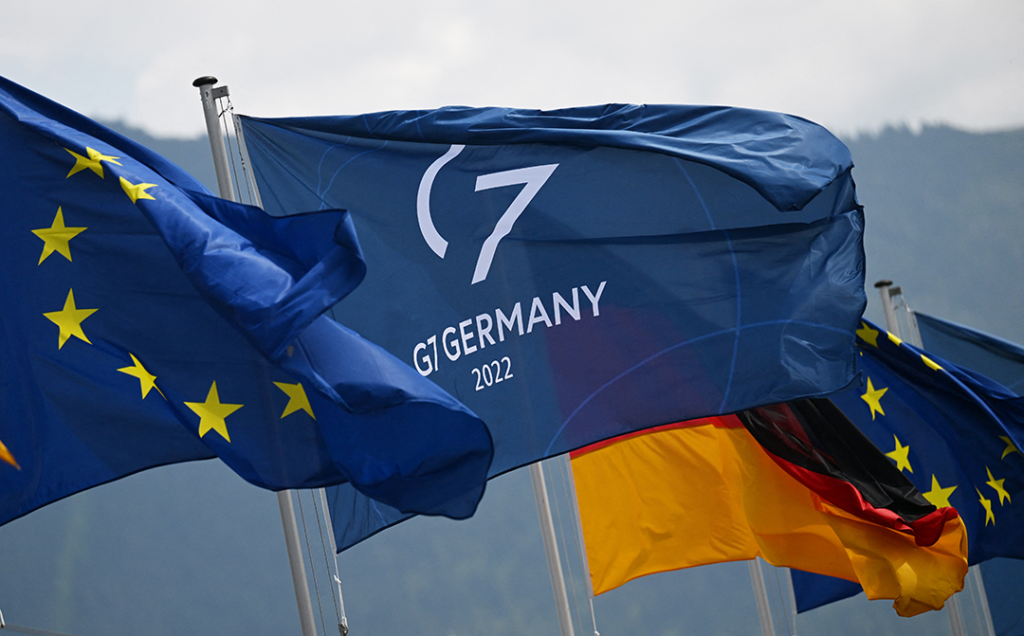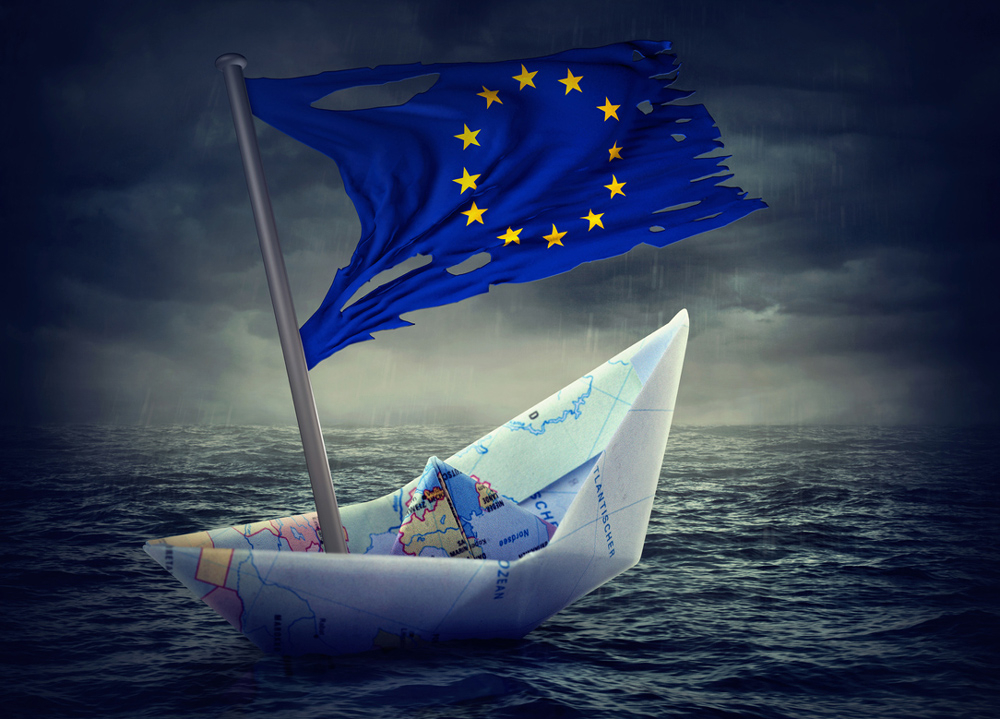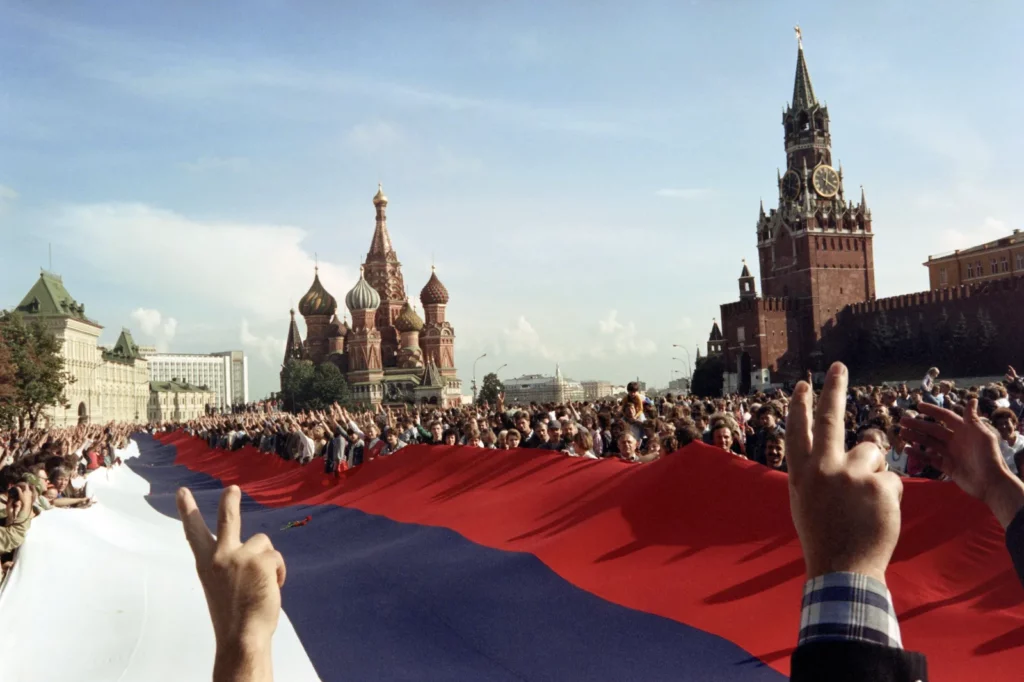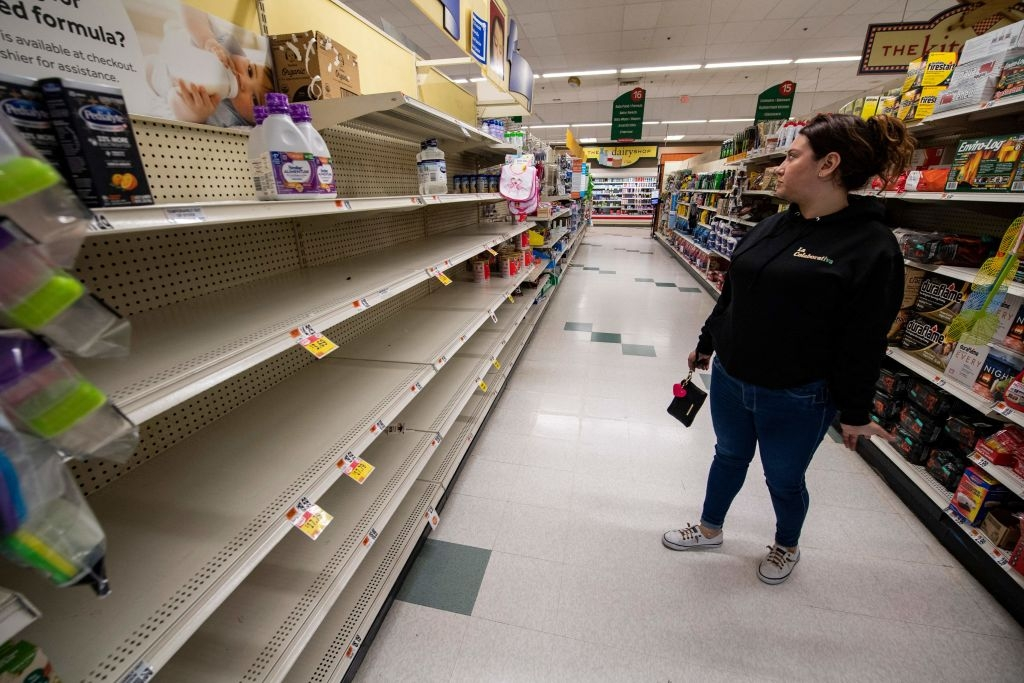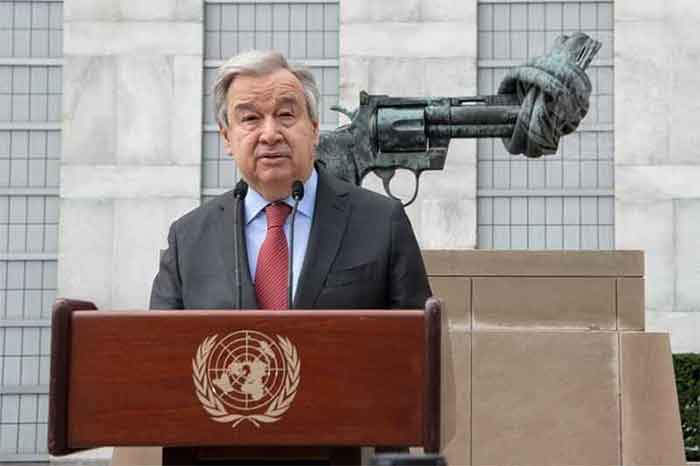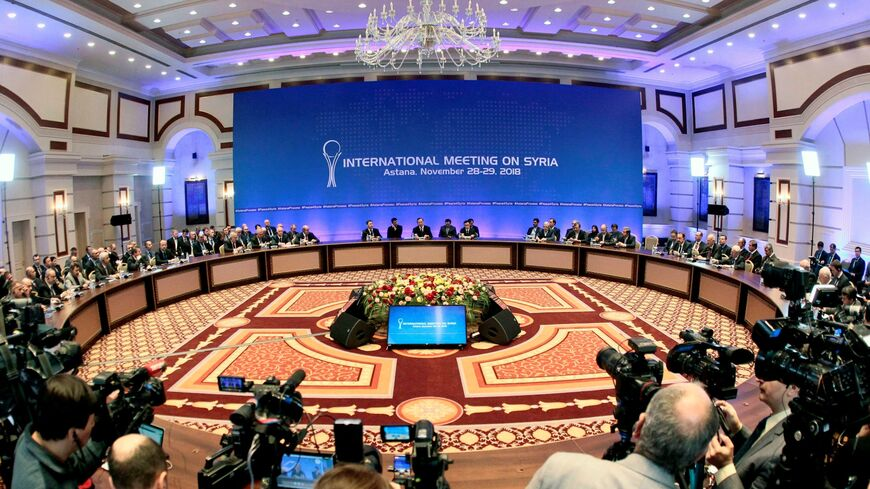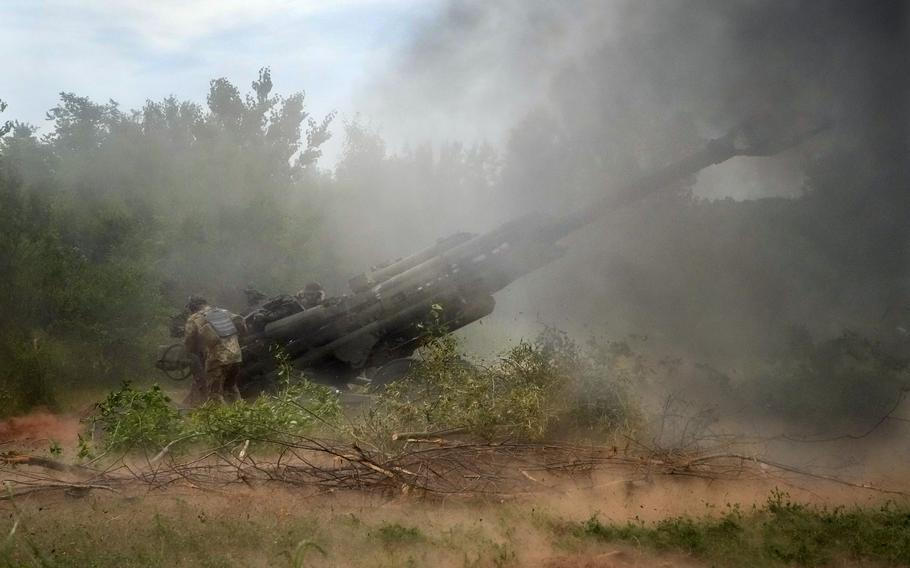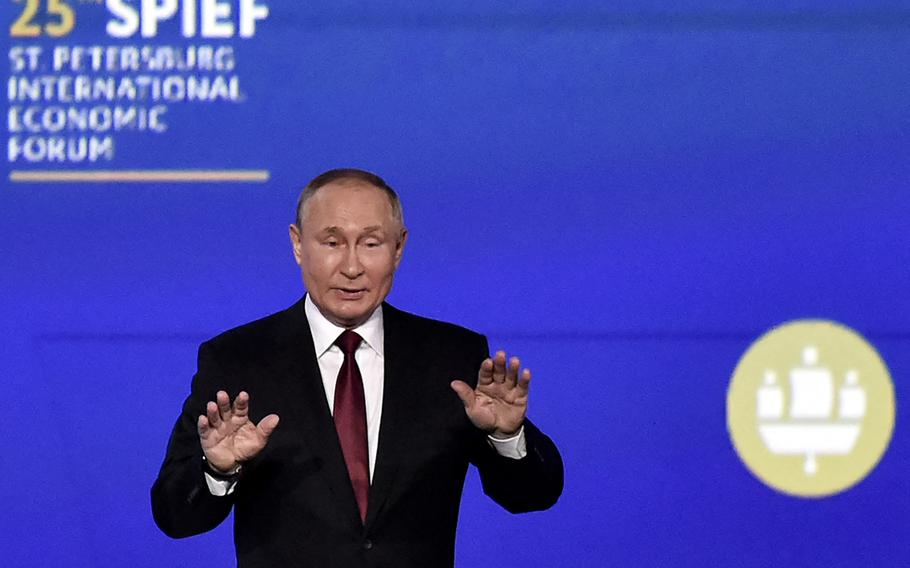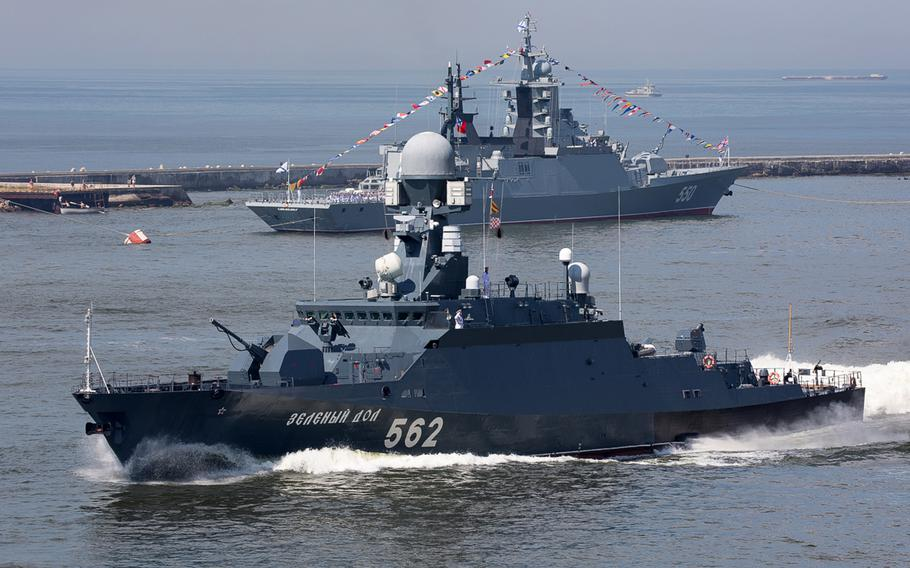Volodymyr Zelensky tente d’arracher le soutien de l’Union africaine en faveur de l’Ukraine
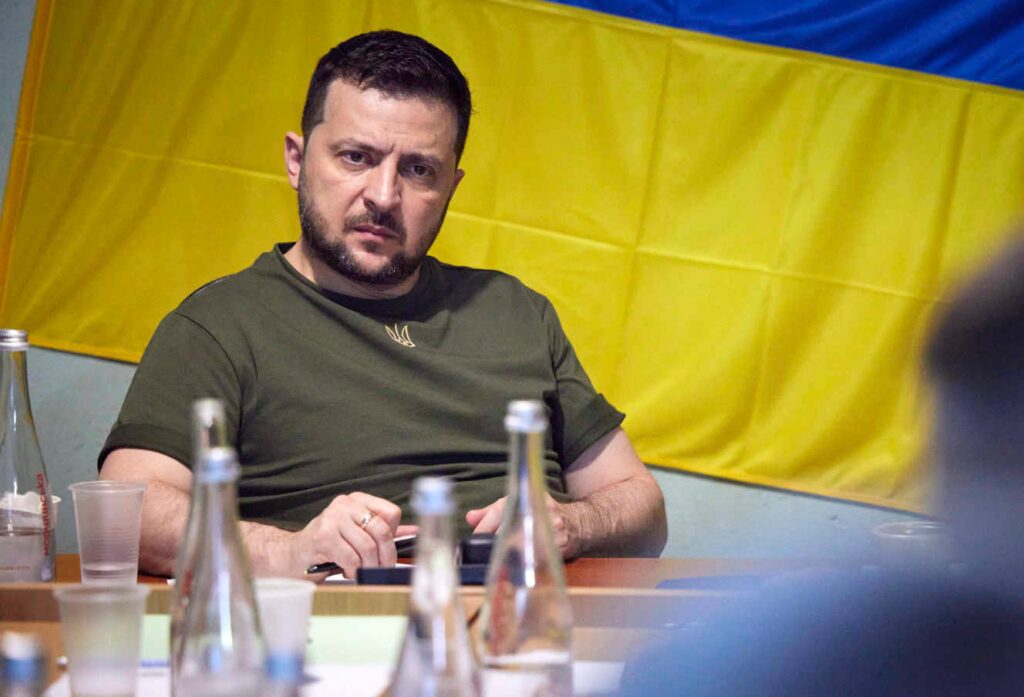
Dépendant de Moscou et de Kiev pour les céréales, les dirigeants défendent leur neutralité.
C’est une allocution que l’Union africaine (UA) a repoussée le plus longtemps possible et qu’elle a tenu à garder discrète, presque secrète. Le président ukrainien, Volodymyr Zelensky, s’est adressé à huis clos, lundi 20 juin, aux membres de l’organisation continentale en visioconférence depuis Kiev. « Enfin », diront certains.

